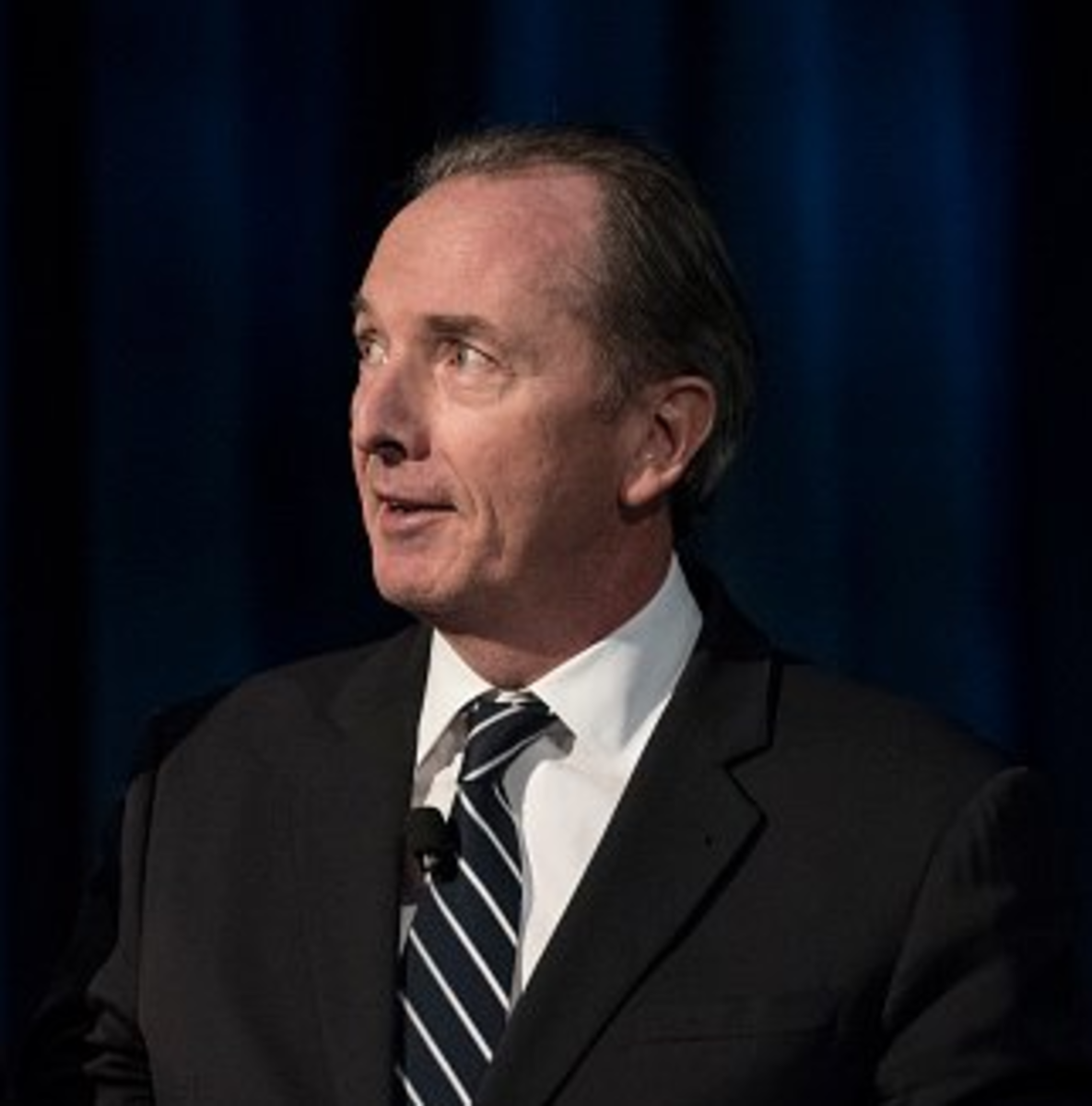If, over the last twenty years, you prognosticated that each subsequent year would be more difficult to make partner than the previous year, you would be just about right.
Over the last twenty years, law firm leverage – the ratio between equity partners and all other attorneys – has increased every year, bar two. During this period, the number of equity partners has increased by a paltry 27%, while the number of “all other attorneys” has increased by nearly 77%. This has tilted leverage to a new high of 3.144 – up 57% from 2.13 in 1999.
For senior associates vying for partner positions, firms have become increasingly focused on business potential and less so on an associate’s ability to outclass others in the courtroom or at the negotiating table.
In the days of yore, the partner track in Biglaw was oftentimes a reward for consistent competence and professionalism. In an era of PPP and RPL, most firms (other than the Cravath, Wachtell, or Simpson Thacher types) are less likely to promote associates unless they see real revenue-generating potential. A failed promotion represents a substantial opportunity cost in comparison to the fees accrued in a lateral partner search, making the relative certainty of a known and battle-tested commodity much more enticing for many firms.
This growing bottom-heavy structure is an increasing impediment to partnership prospects. Because competition for limited partnership slots is so fierce, associates have to deliberately grow their practice with partnership in mind the minute they step foot in their first firm.
There is no one “right” way to become partner, and we see many of our clients take diametric routes to partnership, however, there is perhaps no factor more important to consider on your route to partnership than if you are at the right firm.
No two firms are alike, and ultimately chasing prestige or pay on the road to partnership can lead to a fatal jackknife off the track. Firms have certain reputations for being promotion or lateral adverse, and lateral metrics back these assumptions.
One telling metric is to determine the ratio of partner promotions to partner laterals.
The data – aggregated from the last two years – is heavily right skewed, with most firms preferring to bringing in lateral partners in lieu of promoting associates. What does this mean for you? Oftentimes, the best way to be promoted, is to move firms.
Another useful metric is looking at how a firm’s recent promotions compares to the number of associates they have. In an ideal world, we would track each associates outcome over a representative period, but that data is not available. However, since associate ranks are relatively stable year to year, we can generalize from the available data.
One important thing to note, is that these are percentages for a two-year period, meaning that Honigman didn’t promote 40% of their attorneys to partner over the last year. A larger period was chosen to avoid any idiosyncrasies in any one year of data. Nonetheless, the metric can be valuable in comparing firms. The distribution for this metric is much more normally distributed, though still somewhat right-skewed.
The last metric we chose to look at was the partner to counsel promotion rate. As leverage has increased, firms have co-opted the counsel role to punt on making the difficult decision of whether to promote an associate to partner, or to discard the investment they have made in an attorney by letting them go. That’s not to say everyone who is a counsel is a counsel for that reason, but its use in this manner is trending up. By looking at the ratio of partner promotions to counsel promotions for any given year, we can see whether a firm is particularly inclined towards promoting to one role over the other.
These three metrics on their own are useful, but to give them more power, we calculated how many standard deviations away from the mean each firm was for each metric (z-score). Since larger values correlated with a higher propensity for making partners, we summed each z-score, giving each metric an equal weighting, and created an index to determine the relative preference of each firm for promoting inwards. The index is hampered by the fact that the distributions are not perfectly normal, but the overall trends should give you an idea how your firm ranks relative to others.
Many firms pass up the opportunity to promote a partner-material associate. The list of reasons you may not make partner is exhaustive, from short-term firm finances to relatively strong competition in your class year, but just because your firm does not appreciate your prospects, does not mean that another firm will not. I and my colleagues at Lateral Link are happy to help you determine your chances of making partner at your firm, and help you make an informed decision in this vital stage of your career.


















